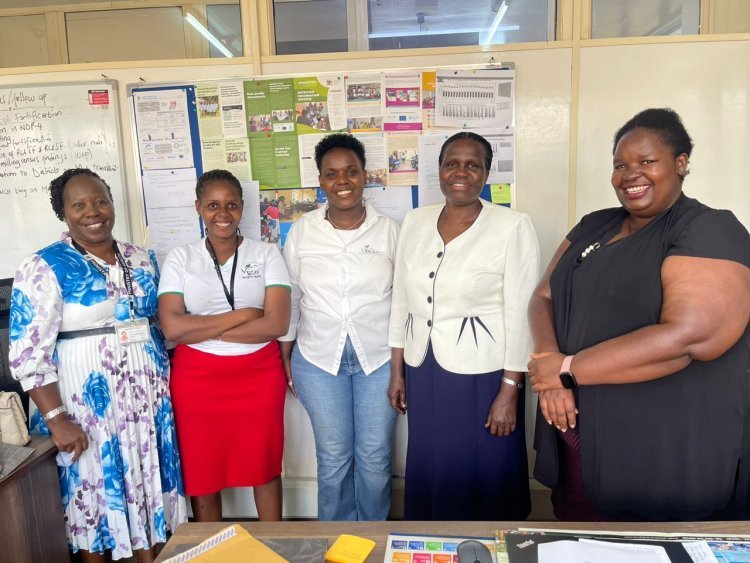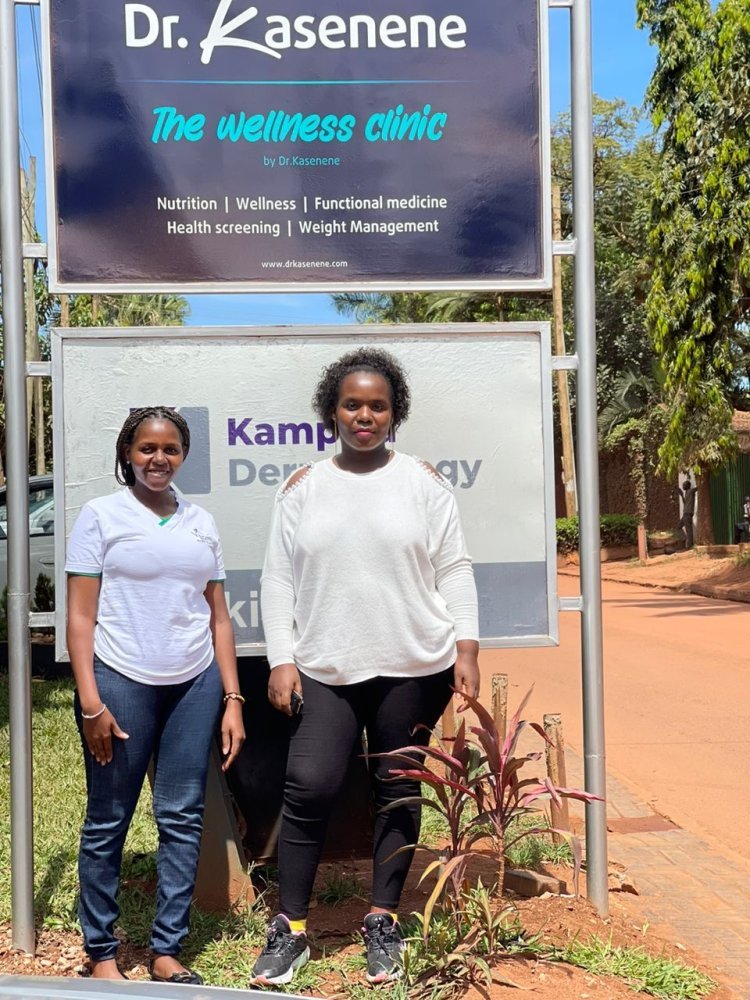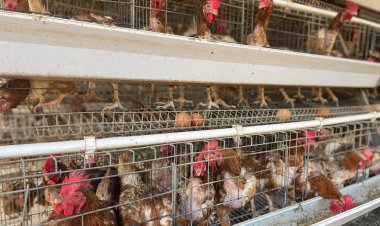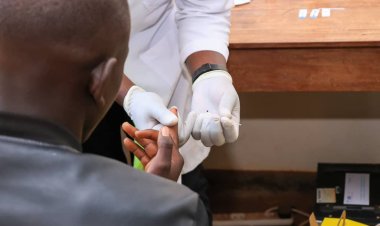Uganda Vegan Society embarks on development of food-based dietary guidelines with support from Ministry of Health and nutritionists
The Dietary Guidelines Initiative (DGI) aims to provide inclusive food groups and eliminate animal-only food groups, include recommendations to reduce animal-based foods based on health and sustainability benefits, encourage healthy and sustainable food choices and give advice for the broad spectrum of plant-based diets, encourage healthy and sustainable food choices and give advice for the broad spectrum of plant-based diets, provide guidance on well-planned vegetarian and vegan diets.
Kampala, Uganda – In an inspiring collaboration, Uganda Vegan Society, Dr. Paul Kasenene, and the Ministry of Health have joined forces to develop Uganda’s first inclusive Food-Based Dietary Guidelines (FBDGs).
This pioneering project, which began in November 2023, is supported by ProVeg International and the PAN International Foundation and aims to revolutionize nutrition policy in Uganda by integrating health, sustainability, and ethical considerations. 'The current dietary guidelines in Uganda do not adequately emphasize plant-based nutrition, which has implications for public health, environmental sustainability, social equity, and animal welfare, the Dietary Guidelines Initiative (DGI) advocates for more balanced guidelines, placing greater focus on plant-based diets.Our aim is to provide a guide to policymakers in implementing dietary recommendations that support public health and climate goals' says Nabaasa Innocent, Executive Director Uganda Vegan Society.

Nabaasa Innocent poses for a photo with Dr Paul Kasenene after a collaborative meeting
The initiative places Uganda at the forefront of the global movement toward inclusive and science-based dietary guidelines. As part of the Dietary Guidelines Initiative (DGI) global community, Uganda Vegan Society is contributing to a larger mission of transforming food systems worldwide. The guidelines are intended to address some of the most pressing challenges related to public health, environmental sustainability, and social justice while ensuring respect for cultural, religious, and economic diversity. The Need for Change in Dietary Guidelines Food-Based Dietary Guidelines are recognized as powerful tools by leading organizations such as the FAO, WHO, and IPCC. They serve as the foundation for official food policies and national health programs. However, current dietary guidelines in most countries fall short of addressing the interconnected impacts of food choices on health, the environment, and society. Studies have shown that many existing guidelines overemphasize animal-based diets, contributing to significant global challenges such as rising chronic diseases, environmental degradation, and the risk of zoonotic pandemics like COVID-19. These traditional guidelines often fail to adequately promote plant-based proteins such as lentils, beans, fortified plant-based milk, and tofu, which are essential for sustainable and inclusive nutrition. “Most national dietary guidelines lag behind in incorporating the latest scientific evidence on sustainability and health. By prioritizing inclusivity and ecological balance, Uganda’s guidelines will set a new benchmark for progressive food policies,” said a representative of Uganda Vegan Society.
A Vision for Health, Sustainability, and Inclusion 1. Promoting Plant-Based Nutrition: Including plant-based proteins and alternatives as essential food groups. 2. Addressing Health and Climate Goals: Aligning dietary recommendations with sustainable practices to combat climate change and public health crises. 3. Fostering Inclusion: Considering ethical, ecological, cultural, and economic factors in dietary planning. 4. Reducing Overreliance on Animal-Based Diets: Balancing food groups to include diverse and nutrient-rich plant-based options. 5. Enhancing Awareness: Empowering communities with knowledge about the health and environmental benefits of sustainable eating. A Collaborative Approach to Change The project is a testament to the power of collaboration. Uganda Vegan Society, with its expertise in plant-based advocacy, is working alongside Nutrition experts like Dr. Paul Kasenene of Dr Kasenene Wellness clinic and Ministry of Health's department of nutrition to ensure the guidelines reflect Uganda’s unique needs. PAN International brings global expertise to the table, ensuring Uganda’s guidelines align with cutting-edge research and best practices. 'This initiative is more than just a national milestone; it’s a step toward redefining how the Uganda approaches food, health, and sustainability. With inclusive FBDGs, Uganda has the potential to inspire other countries to rethink their food policies, creating a ripple effect of positive change' says Nabaasa Innocent the Executive Director Uganda Vegan Society Together with partners from all over the world, we encourage decision makers to provide dietary recommendations that cover the broad spectrum of plant-based diets and therefore help to meet health and climate goals. As the project progresses, the collaborative team invites Ugandans to participate in public consultations and contribute to shaping the guidelines.
Together, they aim to create a framework that not only promotes health but also respects the environment and the diverse values of Uganda’s people.

Officials from Ministry of Health, Department of Nutrition inspect a stall at an event organised by Uganda Vegan Society.

 POATV Reporter
POATV Reporter 

































